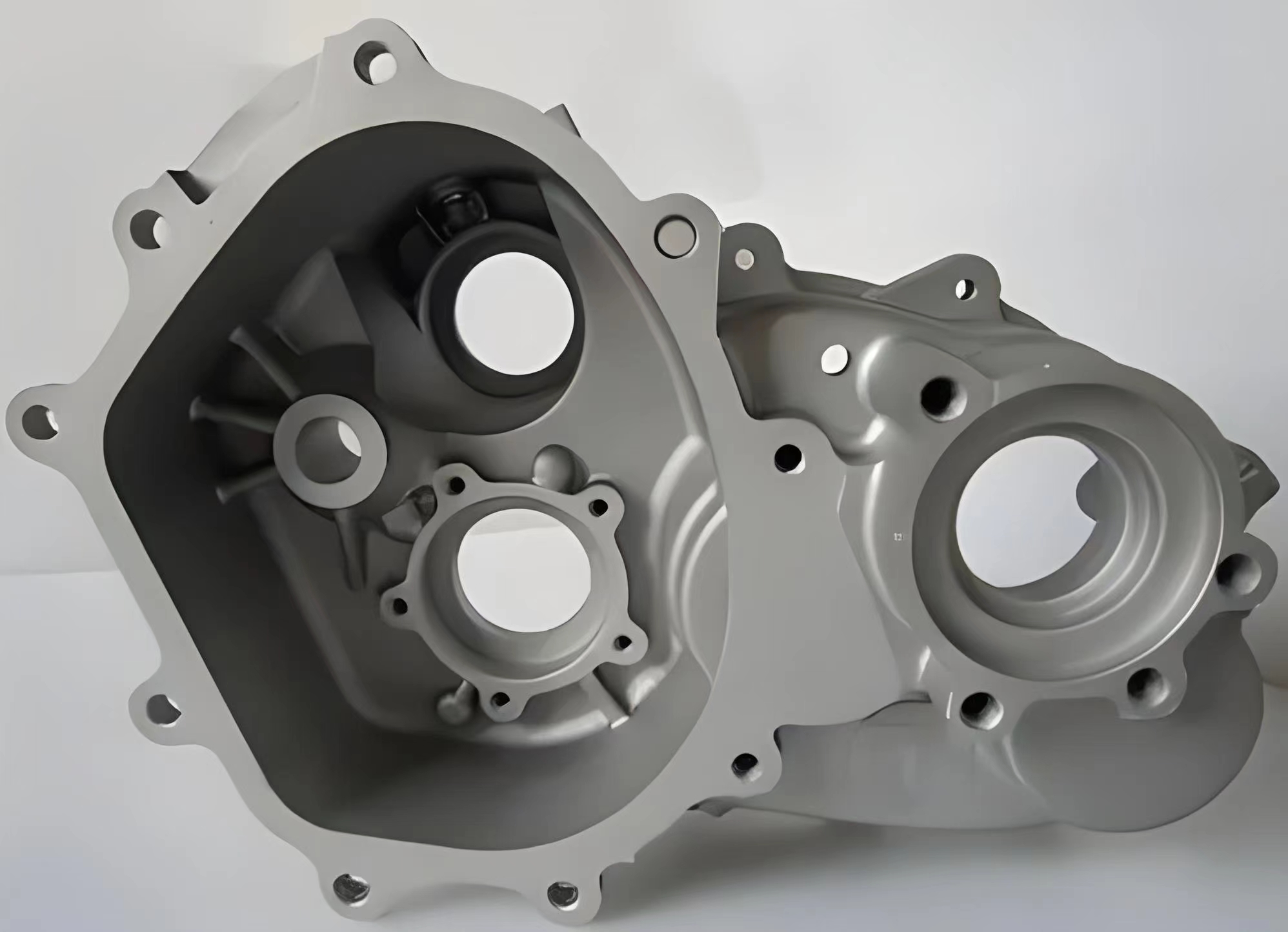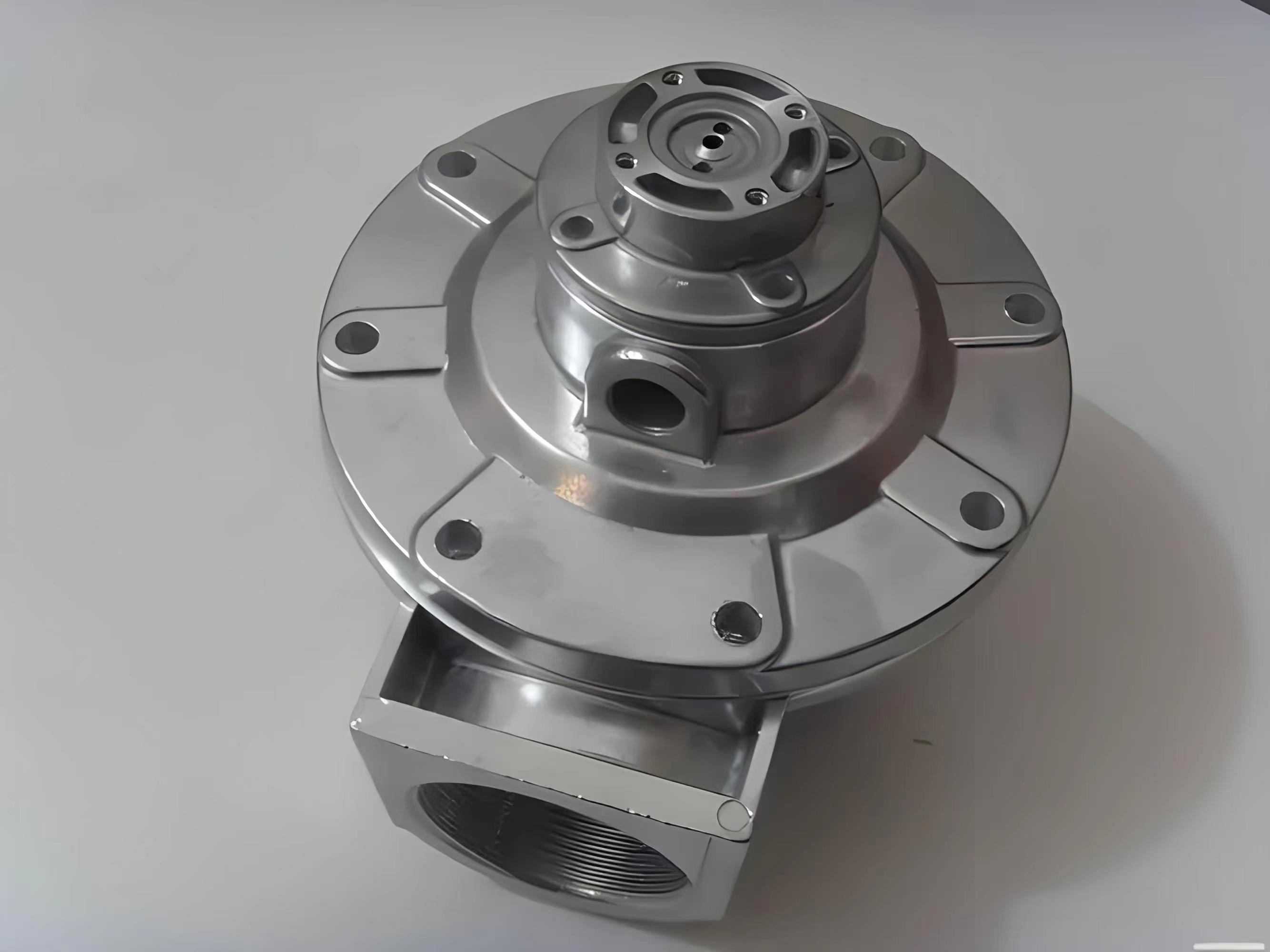Die Casting Aluminum Alloy
Die casting is a metal casting process characterized by the application of high pressure to molten metal within a mold cavity.
The molds are typically made of higher-strength alloys and the process bears some resemblance to injection molding.
Most die-castings are non-ferrous, including zinc, copper, aluminum, magnesium, lead, tin, lead-tin alloys, and their alloys.
Depending on the type of die casting, either a cold chamber or hot chamber die casting machine is required.
The cost of casting equipment and molds is high, so die casting processes are generally used only for mass production of large quantities of products.
Manufacturing die-cast parts is relatively straightforward, typically requiring only four main steps, with low incremental costs.
Die casting is particularly suitable for producing large quantities of medium-sized castings, making it the most widely used among various casting processes.
Compared to other casting techniques, die casting yields smoother surfaces and higher dimensional consistency.
Aluminum alloys offer better performance than zinc alloys, with good die-casting, conductivity, and thermal conductivity properties, as well as decent machinability.
However, they also have some noticeable drawbacks, such as a tendency for aluminum-silicon alloys to stick to molds, corrode metal crucibles, exhibit significant volume shrinkage, and be prone to shrinkage porosity.
Due to their differing effects on molds, the prices of molds used for zinc alloy and aluminum alloy die casting generally vary.
Zinc alloy die casting is less prone to mold sticking and does not corrode molds, resulting in relatively cheaper mold prices.
On the other hand, aluminum alloy die casting, due to its tendency to stick to molds and corrode metal crucibles, may require molds that are somewhat more expensive.


